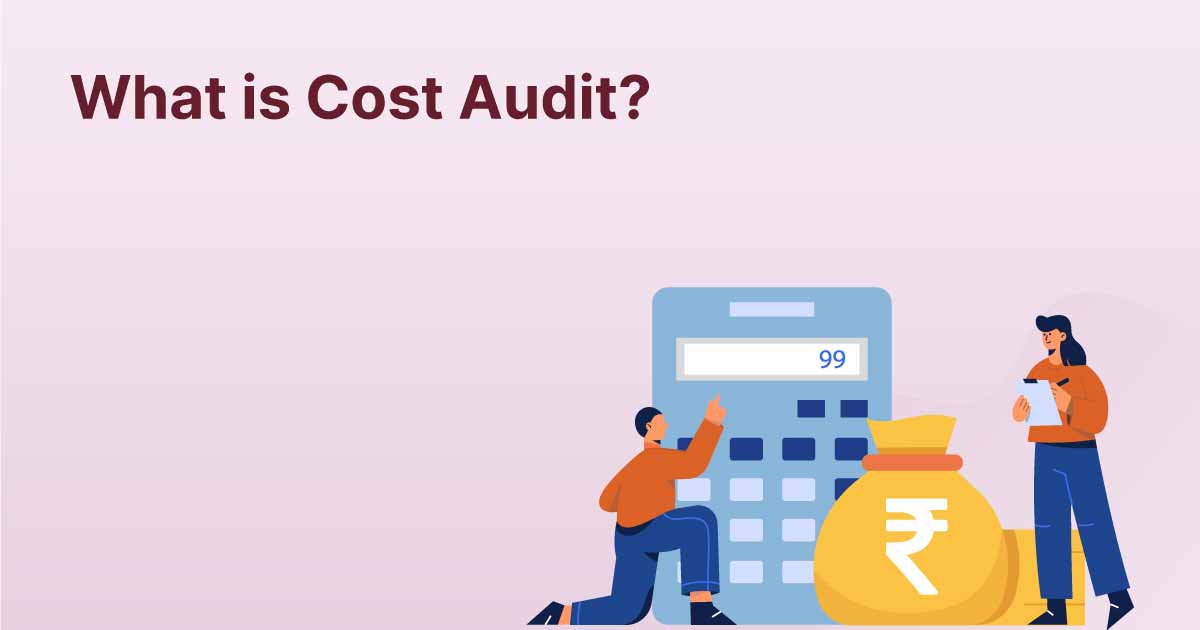The Importance of Auditing
In the world of business and finance, auditing plays a crucial role in ensuring transparency, accuracy, and compliance. Whether it’s a financial audit, operational audit, or compliance audit, businesses invest time and resources to maintain integrity and trust among stakeholders. One common question that arises during the audit process is, “How much should an audit cost?” This article aims to provide insights into the factors influencing audit costs and how businesses can navigate this essential aspect of financial management.
Factors Influencing Audit Costs
1. Complexity of Operations
The complexity of a company’s operations is a significant determinant of audit costs. Larger organizations with intricate structures, multiple subsidiaries, and diverse revenue streams often require more extensive audit procedures. As a result, auditors may need additional time and resources to thoroughly examine and validate financial records.

2. Industry Regulations
Different industries have varying levels of regulatory requirements. Businesses operating in highly regulated sectors, such as finance or healthcare, may face more stringent auditing standards. Compliance with industry-specific regulations often involves detailed examinations and documentation, contributing to increased audit costs.
3. Size and Scale of the Business
The size and scale of a business also play a pivotal role in determining audit costs. Larger companies with higher transaction volumes and more significant financial data may incur higher audit fees due to the increased workload for auditors. Small and medium-sized enterprises (SMEs) typically have less complex operations, resulting in comparatively lower audit costs.
4. Internal Control Effectiveness
The effectiveness of a company’s internal controls can impact audit costs. Robust internal controls help streamline the audit process, reducing the time and effort required by auditors to verify financial information. In contrast, inadequate internal controls may necessitate more extensive testing, leading to higher audit fees.
Understanding Audit Fee Structures
1. Hourly Rates vs. Fixed Fees
Audit fees are often structured either on an hourly basis or as fixed fees. Hourly rates are common for engagements where the scope of work is uncertain, and auditors cannot predict the amount of time required. Fixed fees, on the other hand, provide businesses with cost predictability but may be subject to adjustments if the scope of the audit changes significantly. Audit services from $220 see here.
2. Additional Services
Apart from the core audit services, businesses may require additional services, such as tax planning or advisory services. These supplementary services contribute to the overall cost of engaging auditors. Clear communication between businesses and auditors regarding the scope of services can help manage expectations and avoid surprises in the final invoice.

Negotiating Audit Costs
1. Requesting Detailed Quotes
When seeking audit services, businesses should request detailed quotes that outline the scope of work, anticipated hours, and any potential additional costs. A transparent and comprehensive quote allows for better understanding and negotiation of audit fees.
2. Comparing Multiple Proposals
To ensure a fair and competitive audit fee, businesses can obtain proposals from multiple audit firms. Comparing the proposals enables companies to assess not only the cost but also the expertise and resources that each firm brings to the table.
3. Building a Long-Term Relationship
Establishing a long-term relationship with an audit firm can lead to cost efficiencies over time. As auditors become familiar with the intricacies of a business, subsequent audits may require less time and effort, resulting in potential cost savings.
Conclusion
In conclusion, determining how much an audit should cost involves considering various factors, including the complexity of operations, industry regulations, the size of the business, and the effectiveness of internal controls. Understanding different fee structures and negotiating audit costs based on clear communication and detailed proposals can help businesses manage their audit expenses effectively. As audits remain a critical component of corporate governance and financial accountability, finding the right balance between cost and value is essential for businesses seeking to thrive in today’s competitive landscape.


